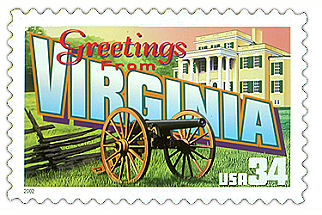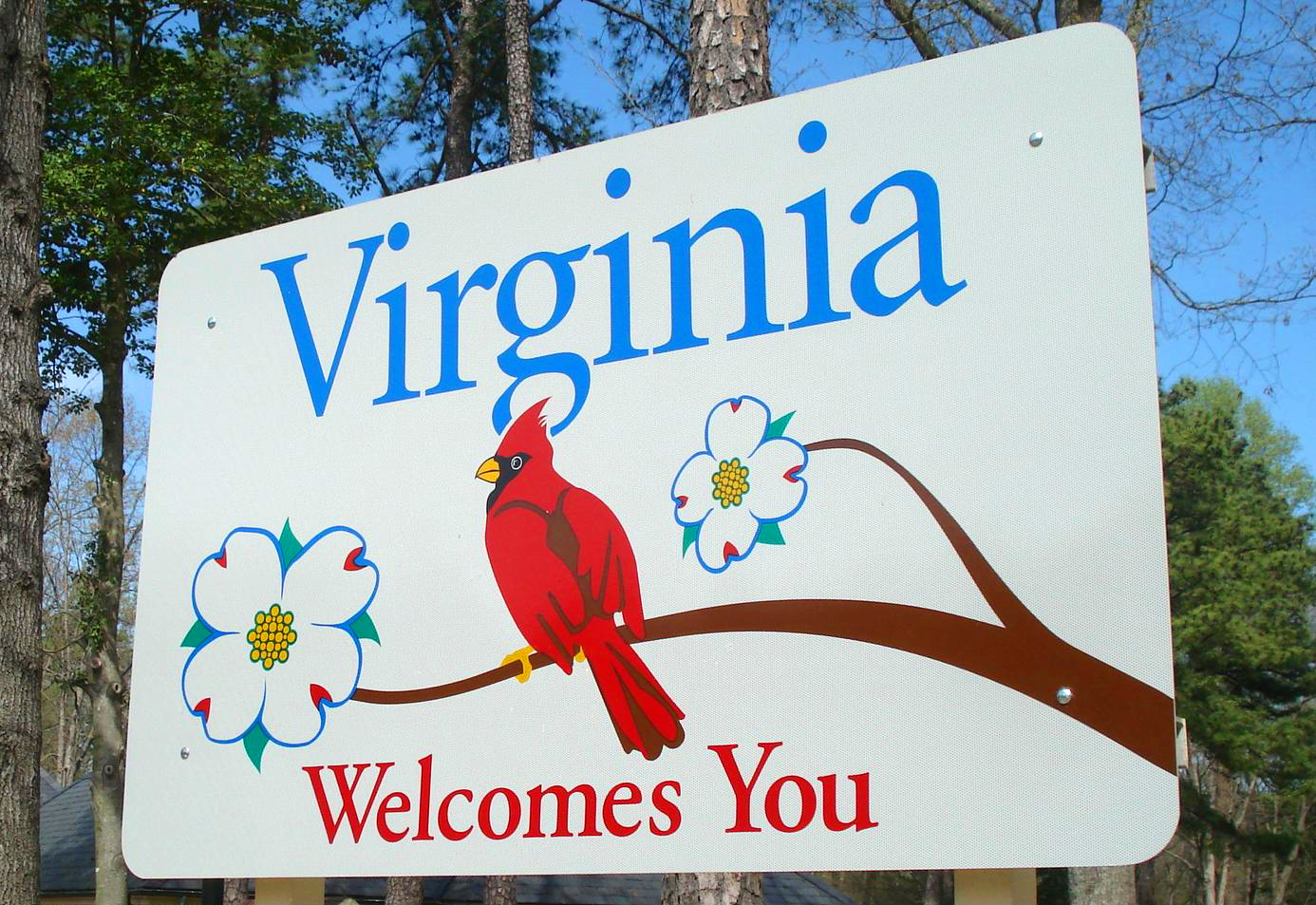Virginia Governor Signs Casino Gambling Bill
Virginia Governor Ralph Northam signed a bill on Thursday that would legalize casino gambling in the Commonwealth and perhaps even online poker. Senate Bill 1126 was introduced at the very end of 2018 and advanced fairly quickly through the state legislature, passing the Senate on February 23rd, 2019 by a 30-10 vote and the House that same day by a vote of 64-33.
 Second Things Second
Second Things Second
Though a signature by the Governor typically means a bill becomes law, Virginia isn’t quite there yet. First, a Joint Legislative Audit and Review Commission needs to conduct a study on casino gaming regulations and submit its report by December 1st of this year. The Virginia Lottery Board then needs to craft regulations during the first half of next year AND THEN the state’s lawmakers have to re-enact the bill.
After all that happens, it is not a slam dunk that a single casino will even be built. The residents of the cities in which proposed casinos might be built must vote on a referendum to allow a casino in their locale.
Possible Casino Locations – There’s Math Involved
And these casinos can’t be built just anywhere. The bill lays out very specific requirements for which cities will be allowed to house a casino. The goal of limiting locations, as stated in the bill, is to “assist economic development” and “promote tourism.”
Here is the detail on permitted locations:
1. Any city (i) in which at least 40 percent of the assessed value of all real estate in such locality is exempt from local property taxation, according to the Virginia Department of Taxation Annual Report for Fiscal Year 2017, and (ii) that experienced a population decrease of at least seven percent from 1990 to 2016, according to data provided by the U.S. Census Bureau;
2. Any city that had (i) an unemployment rate of at least five percent in November 2017, according to data provided by the U.S. Bureau of Labor Statistics; (ii) a poverty rate of at least 20 percent in 2016, according to data provided by the U.S. Census Bureau; and (iii) a population decrease of at least 20 percent from 1990 to 2016, according to data provided by the U.S. Census Bureau;
3. Any city that (i) had an unemployment rate of at least four percent in November 2017, according to data provided by the U.S. Bureau of Labor Statistics; (ii) had a poverty rate of at least 20 percent in 2016, according to data provided by the U.S. Census Bureau; (iii) experienced a population decrease of at least four percent from 1990 to 2016, according to data provided by the U.S. Census Bureau; and (iv) is located adjacent to a state that has adopted a Border Region Retail Tourism Development District Act; and
4. Any city (i) with a population greater than 200,000 according to the 2017 population estimates from the Weldon Cooper Center for Public Service of the University of Virginia and (ii) in which at least 24 percent of the assessed value of all real estate in such locality is exempt from local property taxation, according to the Virginia Department of Taxation Annual Report for Fiscal Year 2017, provided that such casino gaming is conducted by a Virginia Indian tribe recognized in House Joint Resolution No. 54 (1983) and acknowledged by the United States Assistant Secretary-Indian Affairs as an Indian tribe within the meaning of federal law that has the authority to conduct gaming activities as a matter of claimed inherent authority or under the authority of the Indian Gaming Regulatory Act (25 U.S.C. § 2701 et seq.).
According to local news reports, the three cities that fit the requirements (and one might guess that the requirements were designed with these places in mind) are Bristol, Danville, and Portsmouth. Richmond and Norfolk are also being looked at by the Pamunkey tribe.
A spokesperson for a proposed $250 million Bristol Resort and Casino told the Bristol Herald Courier, “We are looking to stay engaged and working to see this through the process and we are still committed to doing the project in Bristol. We’ve got a ways to go but there is a commitment by lots of parties to go through this process that will hopefully allow us to move forward.”
The plan for that casino would be to build it at the vacant Bristol Mall. The city is tucked in the extreme southwest corner of Virginia at the Tennessee border. In fact, it is geographically connected to its twin city of Bristol, Tennessee, directly across the border.
Hope for Online Poker
While the bill is primarily about casino gambling, a late change was made that could open the door to online gambling and sports betting. The final version of the bill, as passed by the Senate on March 7th, defines casino gaming as follows (emphasis added):
“Casino gaming” means baccarat, blackjack, twenty-one, poker, craps, dice, slot machines, sports betting, roulette wheels, Klondike tables, punchboards, faro layouts, keno layouts, numbers tickets, push cards, jar tickets, pull tabs, online gaming, and any other activity that is authorized by the Board as a wagering game or device under Chapter 41 (§ 58.1-4100 et seq.).
That’s it, though. At this point, online poker is just a possibility, but the good news is that it is specifically listed in the bill as a type of gaming that could be authorized by the Lottery Board.

















COMMENTS